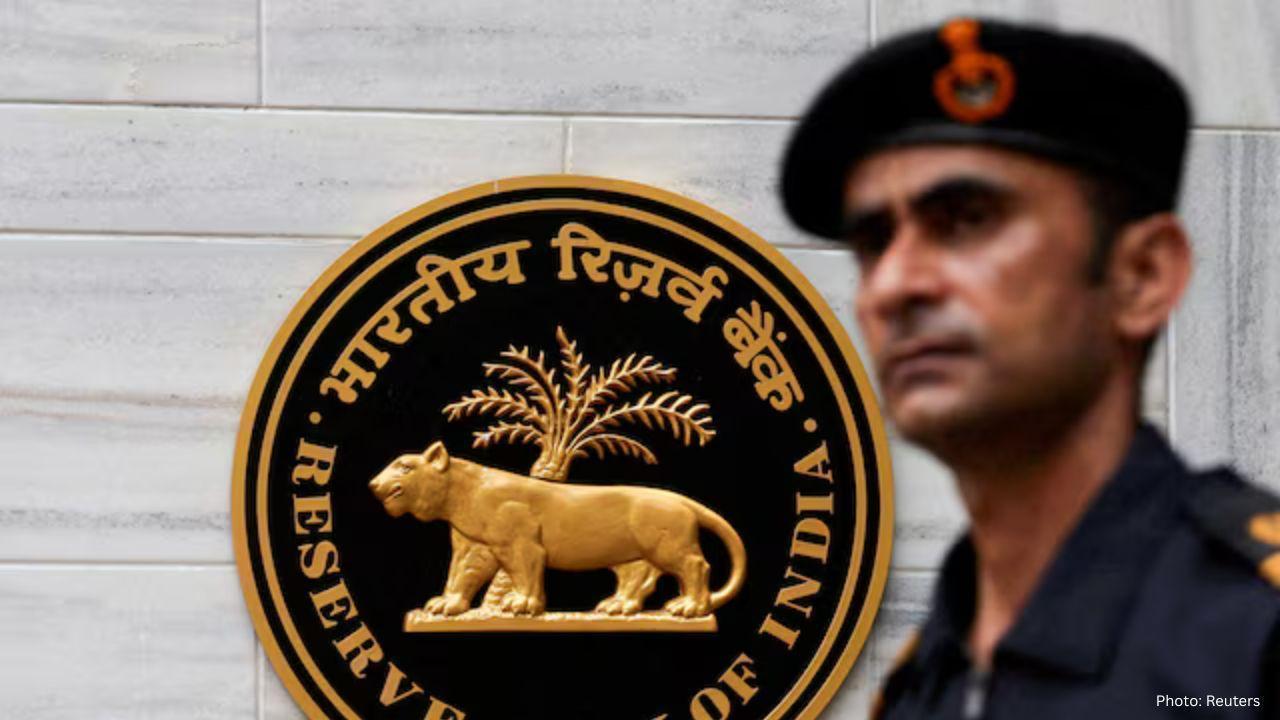You have not yet added any article to your bookmarks!

Join 10k+ people to get notified about new posts, news and tips.
Do not worry we don't spam!

Post by : Anis Farhan
Thailand has long been one of the world’s most visited destinations, famous for its beaches, cultural landmarks, vibrant nightlife, and world-class hospitality. In 2025, the country is enjoying an unprecedented tourism rebound, with visitor numbers surpassing pre-pandemic levels. Hotels are full, airports are packed, and tourist hubs are thriving. For policymakers, the boom is a much-needed injection into the economy, fueling jobs and foreign exchange. Yet, beneath the surface, this success story is showing cracks. Communities are overwhelmed, natural resources are under siege, and questions are being raised about whether the country can sustain such rapid growth without collapsing under its own success.
Thailand welcomed over 40 million international tourists in 2025, surpassing its 2019 record. The tourism sector now contributes nearly 20% of the nation’s GDP, cementing its role as the backbone of the economy. Major arrivals come from China, India, Europe, and the Middle East, with high-spending travelers fueling luxury resorts, shopping, and entertainment. Domestic tourism has also surged, with Thai citizens rediscovering local gems.
While the figures paint a rosy economic picture, experts caution that such high volumes are unsustainable. Infrastructure is struggling to keep up, and many destinations are reaching their capacity limits.
Bangkok, Phuket, Pattaya, and Chiang Mai have become symbols of the overcrowding crisis. Streets choke with traffic, beaches overflow with tourists, and temples struggle to maintain serenity amid throngs of visitors. In Phuket, officials have had to cap daily visitors to certain beaches after coral reefs showed signs of stress. In Chiang Mai, the famous Yi Peng lantern festival has become so packed that safety and cultural authenticity are being questioned.
Overtourism not only diminishes visitor experience but also fuels resentment among locals who see their quality of life declining.
Tourism’s environmental toll has become impossible to ignore. Thailand’s fragile ecosystems, from coral reefs to mountain forests, are under unprecedented pressure. Waste management struggles to cope with the influx of visitors, while plastic pollution clogs waterways and beaches. Koh Phi Phi, once made famous by films, has already faced closures to restore marine habitats, and other islands are nearing similar breaking points.
Climate change compounds these issues, with rising sea levels and extreme weather events threatening coastal infrastructure. Balancing tourism growth with environmental preservation is now an urgent national challenge.
While tourism generates jobs, it also inflates costs of living in major tourist hubs. Locals in Phuket and Bangkok complain of soaring rents, crowded public spaces, and cultural commodification. Traditional practices are being repackaged for tourist entertainment, often diluting their authenticity. In some rural areas, tourism has created economic dependency, leaving communities vulnerable to global shocks like pandemics or geopolitical conflicts.
At the same time, small businesses struggle to compete with large hotel chains and multinational investors who dominate the industry. Without careful policy intervention, the benefits of tourism risk being unevenly distributed.
Thailand’s airports, public transport, and utilities are stretched thin. Suvarnabhumi Airport in Bangkok, designed for 45 million passengers annually, is handling nearly double that number. Public transport systems in Bangkok and Chiang Mai face constant overcrowding, while smaller cities lack infrastructure to cope with sudden influxes of visitors.
Power, water, and sanitation systems in resort areas are running close to their limits, raising concerns about long-term sustainability. Investment in infrastructure has not kept pace with tourism’s explosive growth.
The Thai government has recognized the risks and is rolling out measures to manage the crisis. Proposals include:
Implementing visitor caps at popular sites.
Introducing higher entry fees for foreign tourists at fragile destinations.
Encouraging sustainable tourism projects, such as eco-lodges and community-based tourism.
Diversifying travel away from overcrowded hotspots toward lesser-known provinces.
Officials are also considering digital tools, like mandatory booking systems for popular sites, to better regulate flows of tourists. However, enforcement remains a challenge in a country where tourism is a powerful economic driver.
Experts argue that Thailand needs to shift from “mass tourism” to “quality tourism.” Instead of chasing record numbers, the focus should be on attracting higher-spending visitors who seek cultural immersion, wellness, and eco-tourism. This would reduce pressure on resources while maintaining revenue.
Some success stories already exist. Community-based tourism initiatives in northern Thailand have allowed locals to host smaller groups of travelers, creating income while preserving culture. Luxury wellness resorts in Hua Hin and Koh Samui are catering to global demand for sustainable, high-end experiences. Scaling such models could be the key to Thailand’s long-term success.
Thailand’s experience is a cautionary tale for other nations dependent on tourism. The same challenges of overcrowding, environmental stress, and cultural dilution are emerging in destinations from Bali to Barcelona. If Thailand can pivot toward sustainable tourism without sacrificing economic benefits, it could set a model for the global travel industry.
Conversely, failure to act risks irreversible damage—not only to Thailand’s environment and society but also to its reputation as a world-class destination. Tourists, after all, are less likely to return to overcrowded, polluted, and inauthentic destinations.
Thailand stands at a crossroads. The tourism boom of 2025 has brought prosperity but also exposed cracks in the system. The question now is whether policymakers, businesses, and communities can work together to create a sustainable model that balances economic growth with cultural and environmental preservation.
The world is watching closely, because Thailand’s future may serve as a blueprint for how destinations everywhere can manage the double-edged sword of tourism success.
This article has been prepared under Newsible Asia’s editorial guidelines. It is intended for informational and analytical purposes only, reflecting reports and assessments available as of September 2025.










Ranveer Singh’s Dhurandhar Hits ₹1000 Cr Despite Gulf Ban Loss
Dhurandhar crosses ₹1000 crore globally but loses $10M as Gulf nations ban the film. Fans in holiday

China Claims India-Pakistan Peace Role Amid India’s Firm Denial
China claims to have mediated peace between India and Pakistan, but India rejects third-party involv

Mel Gibson and Rosalind Ross Split After Nearly a Decade Together
Mel Gibson and Rosalind Ross confirm split after nearly a year. They will continue co-parenting thei

Rashmika Mandanna, Vijay Deverakonda Set to Marry on Feb 26
Rashmika Mandanna and Vijay Deverakonda are reportedly set to marry on February 26, 2026, in a priva

FIFA Stands by 2026 World Cup Ticket Prices Despite Fan Criticism
FIFA defends the high ticket prices for the 2026 World Cup, introducing a $60 tier to make matches m

Trump Claims He Ended India-Pakistan War, Faces Strong Denial
Donald Trump says he brokered the ceasefire between India and Pakistan and resolved eight wars, but